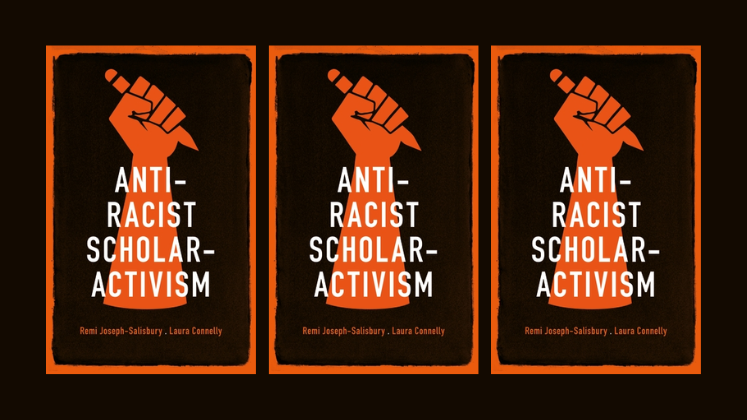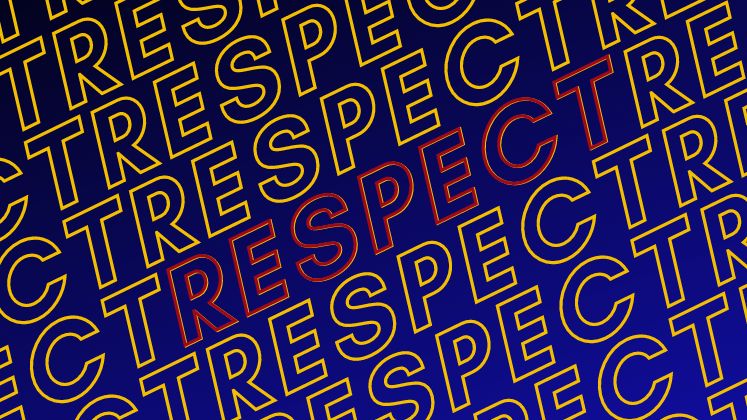Classrooms have become a focal point for a range of ‘culture war issues’. Daniel Beaudoin reflects on his own teaching practice and offers 8 pointers for maintaining a constructive learning environment in the classroom.
If you are white (I am), male (I am), in a position of relative authority (I am), and disagree with something said in class about the use of preferred pronouns, gender politics and identity, you run the risk of being accused of being motivated by racism, power, or the desire to protect your white privilege.
If you were to try to argue that some cause of prejudice or racism are nuanced, or that disparities by race or gender can have other causes, some would take this as an existential threat, and an attempt to invalidate their existence. Attempts at discussion, indeed, even speech, can be considered acts of violence, for they enforce injustice in the first place. In short, teaching in the modern university can be a minefield of shifting social and political mores.
Identity politics is part of what Peter Drucker defines as the “age of social transformation,” a period of our lives where social order is drastically transforming the human condition and what it means from what we may have previously known it to be. This age requires us to reflect differently on our relationships, about how we resolve intercultural and social conflicts, and the consequences our actions produce when we are not mindful of our intentions.
teaching in the modern university can be a minefield of shifting social and political mores
I encourage criticism in class, and as an educator am mindful of my responsibility for creating a respectful and inclusive learning environment for all students, where they can express their opinions respectfully and engage in meaningful dialogue. Ideally, this would include the freedom to voice personal viewpoints, re-evaluate preconceived notions and assumptions, and openly discuss failure, success, and ethical dilemmas from our lived lives. And all of this, to achieve intellectual, and sometimes even emotional growth for my students and myself.
However, it is easy for such discussions to be derailed and descend into acrimony. Successfully stewarding the creation of an enlightening and nurturing space is a unique challenge that academics now face on a daily basis.
What steps should this stewardship include?
1. Co-ordinate expectations of class learning at the beginning of the semester, or at the very least when disruption occurs.
2. Listen attentively: It’s crucial to listen actively and respectfully. Give students an opportunity to express their concerns and experiences without interruption, no matter how ad hominem a comment is. Moreover, acknowledging privilege does not mean you are personally at fault, but rather that you recognise the advantages that come with certain social identities and positions.
3. Emphasise that the class is made up of students from international and diverse cultures and personal backgrounds. This entails different understandings of gender terminology and politics.
4. Strive to encourage respect over entitlement. Entitlement involves a sense of ownership and the belief that one deserves certain privileges or treatment. Respect, on the other hand, involves acknowledging and valuing the beliefs and feelings of others. It is not acceptable for individuals to demand that others conform to their beliefs without consideration for others’ feelings or beliefs.
5. Keep discussion and comments on topic, and off people.
6. Invite students to approach via different channels if they wish to discuss an issue in more privacy, and depth. Ask questions to gain clarity on their concerns and experiences. Show interest and empathy to foster a constructive conversation.
7. Take the time to educate yourself about social justice concepts. Read books, articles, and academic papers to gain a deeper understanding of these issues. This will help you respond more effectively and contribute to a more inclusive learning environment.
8. Be open to feedback and willing to make necessary adjustments to course modules, when relevant and justified.
Ultimately, respecting someone’s identity is a basic aspect of treating them with dignity and respect as a human being. It is important to listen to and learn from the experiences of others, and to create a place where everyone can express their gender identity freely and without fear of judgement or discrimination.
No one is omniscient or infallible. I am thankful to those students that remind me of this, and who over the years have approached me to clarify and discuss issues that made them feel uncomfortable. These conversations have been instrumental in my growth not only as an educator, but also in my own life.
The content generated on this blog is for information purposes only. This Article gives the views and opinions of the authors and does not reflect the views and opinions of the Impact of Social Science blog (the blog), nor of the London School of Economics and Political Science. Please review our comments policy if you have any concerns on posting a comment below.
Image Credit: Adapted from Felicia Buitenwerf via Unsplash.








The most beneficial aspect of progressive enlightenment is the deconstruction of one’s ego, aka identity. This is huge in Buddhism and is also expressed in Christianity and other major religions going back thousands of years. Identity creates separation, entitlement, opposition, groupthink, tribalism , social complication, ever-expanding classification, and other problems. Identity is self-centered , prideful , and egotistical. Racism is made possible by racial identity. So no, do not cater to identity demands in the classroom. The classroom involves 2 identities, teacher and student. For a classroom to effectively carry out it’s purpose, the teacher delivers and the students receive.
Useful advice!